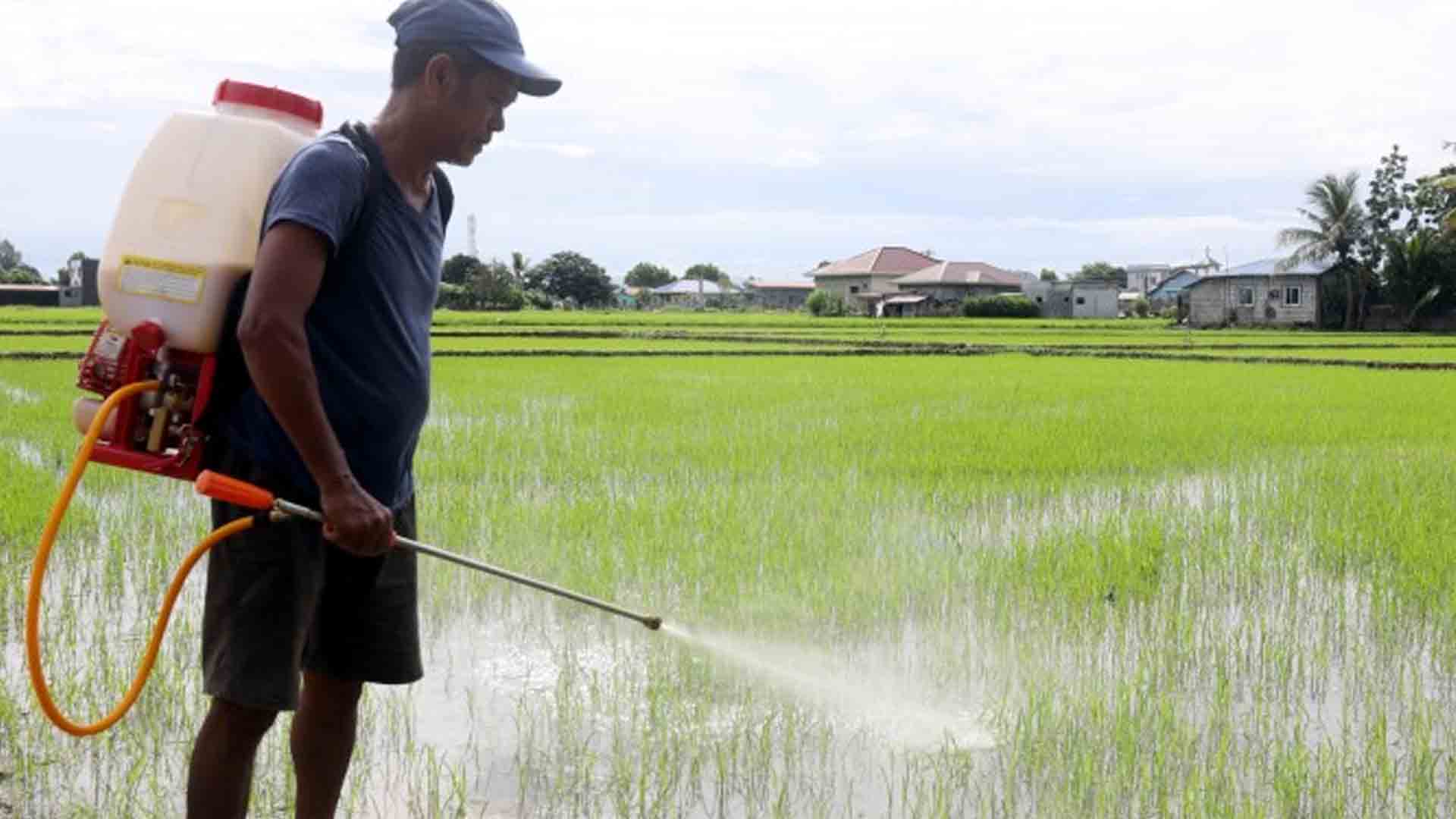The Philippine Bamboo Industry Development Council (PBIDC), an attached agency of the Department of Trade and Industry (DTI), is calling on stakeholders to show support for the immediate passage of Senate Bill (SB) 605, or an Act Institutionalizing the Philippine Bamboo Industry Development Program, to boost the bamboo industry.
“There is an urgent need to harmonize all laws related to the bamboo industry, and expand the PBIDC’s mandate so it can better facilitate the growth of the (bamboo) industry. The proposed law will also serve as a roadmap for future government and private sector collaboration on developing bamboo products,” PBIDC director Rene Madarang said in an interview on Monday.
Madarang said there are studies showing that “bamboo vinegar” and “bamboo liquid extract” can be further refined into disinfectants or anti-fungal products.
He said such research and development (R&D) efforts are in line with the memorandum of understanding (MOA) recently signed by the Department of Agriculture (DA)-Bureau of Plant Industry (BPI) and the Forest Products Research and Development Institute (FPRDI), an agency of the Department of Science and Technology, for the implementation of a project titled, “Bamboo Liquor PH: Local Innovation for Quality Use of Organic Pesticide Resource in the Philippines.”
The MOA paves the way for the development of organic pesticides from bamboo innovations to raise agricultural production.
DA Undersecretary Deogracias Victor Savellano said agriculture R&D paid for by the government must be centered on areas with commercial value.
Savellano disclosed that he had just met with Commission on Higher Education (CHED) Chairman Prospero de Vera about limiting R&D efforts by state colleges and universities, and other government-funded institutions on subjects that can potentially pay dividends to the economy.
“There has been too much research… these efforts require a lot of funding. We now need to concentrate on R&D projects that are useful in a business sense, not something that will simply be filed away in a library shelf,” he told the Philippine News Agency.
As a lawmaker, Savellano authored House Bill 9576 or the Philippine Bamboo Industry Development Act, which was passed earlier this year, while the Senate is still deliberating on its own version of the proposed law.
However, Savellano said that aside from bamboo, there are other local plants that can be harnessed for their value as organic pesticides.
He said there are similar studies showing that tobacco can also be processed into insect repellants, pesticides or as fertilizers.
He added “tobacco dust” is a great insect repellent for commercial fish ponds, plantations and even household kitchens.
Additionally, Nicotox-D, which is derived from tobacco leaves, is a natural fertilizer that improves the condition of the soil and provides nutrition to plants with nitrogen, phosphorus and potassium.
Savellano said investors await the development of technologies that can help enhance farm production across the country, which will help stave off food shortages and inflationary surges. (PNA)







